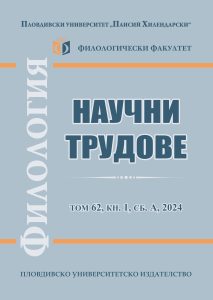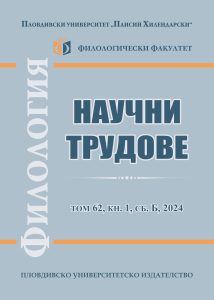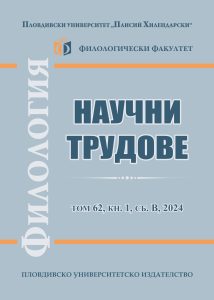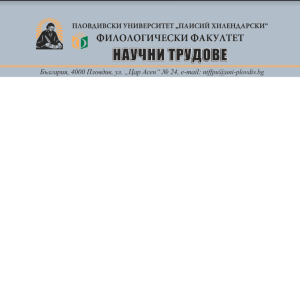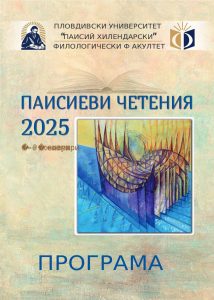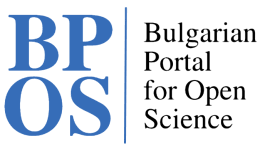VOL. 57, BOOK 1, PART А, 2019, pp. 141 – 152 Full text (Bg)
Author: Lilia Ivanova
Affiliation: Paisii Hilendarski University of Plovdiv
Abstract
The paper examines the qualitative adverbs in the Bulgarian and Polish languages. This group of adverbs adds expressive and evaluative meanings to the temporal characteristic of the whole utterance. Qualitative adverbs contain the speaker’s judgment in terms of a given localization norm of the event on the temporal axis or its duration. The evaluation is considered the most vivid representative of the pragmatic meaning. It always includes the subjective factor that interacts with the objective one, since the evaluation is related to the personality of the speaker. Of all the types of qualitative adverbs, we examine the adverbs related to the quantitative evaluation that express a subjective attitude with reference to time, such as: in time, early, late, soon, long ago, etc. in Bulgarian and their counterparts in the Polish language.
Key words: time, temporal adverbs, qualitativeness


